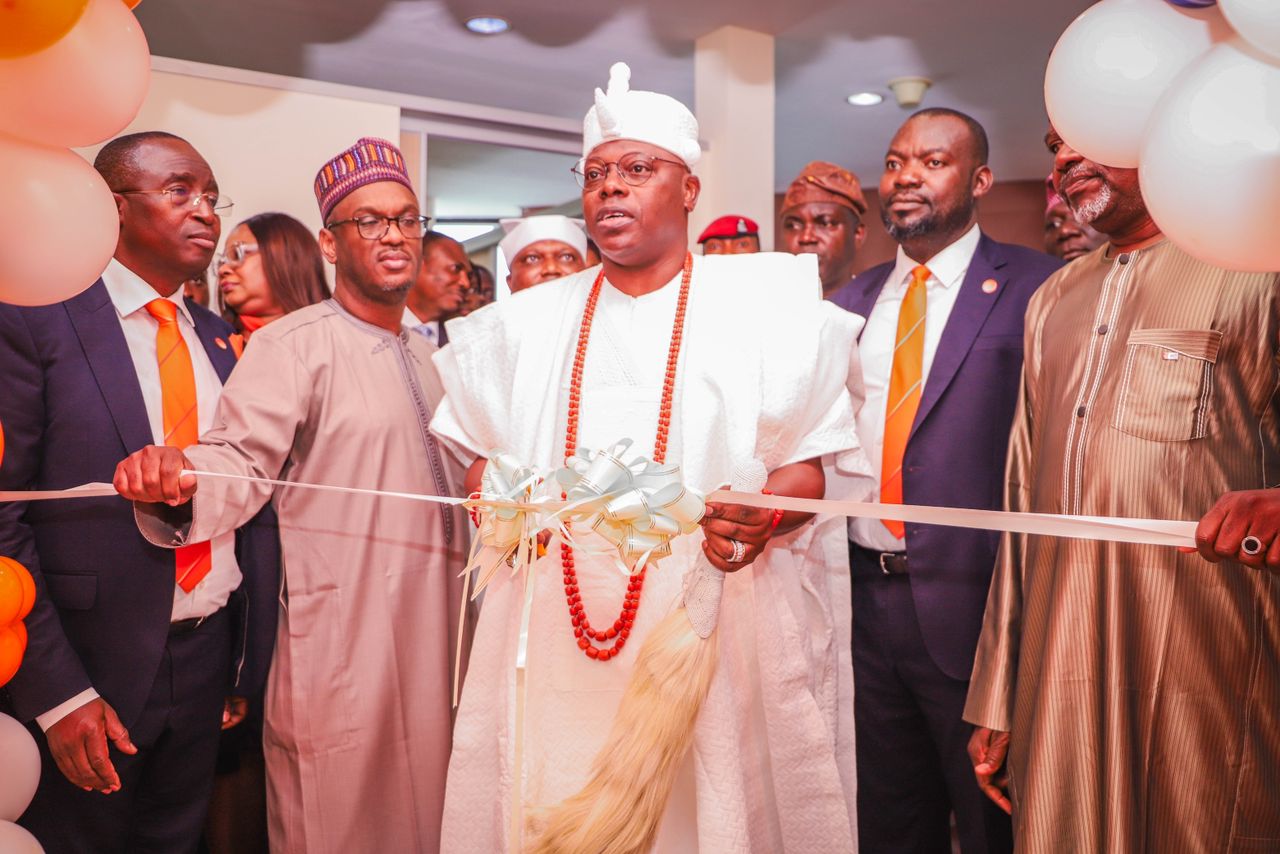Nigeria, a vibrant and diverse nation, experiences the global influence of currencies, with the U.S. dollar playing a pivotal role in shaping its economic landscape. In this blog post, we will delve into the multifaceted impact of the dollar on Nigeria’s local economy, exploring how currency fluctuations, trade dynamics, and external factors intertwine to create a complex financial tapestry.
The U.S. dollar, often regarded as the world’s primary reserve currency, serves as a benchmark for global trade and financial transactions. Nigeria, like many other nations, relies on the dollar as a key medium for international commerce. Most international trade deals, including Nigeria’s crucial oil exports, are conducted in dollars, making the value of the dollar inherently linked to the health of the Nigerian economy.
Currency Fluctuations and Exchange Rates
Currency fluctuations play a significant role in shaping Nigeria’s economic landscape. The local currency, the Nigerian naira, often faces challenges as it fluctuates against the dollar. Exchange rate movements impact various sectors, including imports, exports, and inflation. A weaker naira relative to the dollar can continue to increase the cost of imported goods, contributing to inflationary pressures, while a stronger naira may improve purchasing power but potentially harm export competitiveness.
Trade Dynamics and Dollar Dependency
Nigeria’s economy is intricately connected to global markets, and the dollar’s dominance in international trade significantly influences the country’s economic activities. The oil sector, a crucial component of Nigeria’s economy, is particularly susceptible to fluctuations in the dollar. Since oil is priced and traded globally in dollars, changes in the dollar’s value directly impact Nigeria’s revenue from oil exports, affecting the government’s budget and the overall economic stability of the nation.
Remittances and Foreign Direct Investment
The Nigerian diaspora, a substantial and influential community, sends billions of dollars in remittances back home annually. The value of the dollar directly impacts the purchasing power of these remittances in Nigeria. Additionally, foreign direct investment (FDI) into Nigeria often involves transactions in dollars. A strong dollar may attract more FDI, while a weaker dollar may make investments in Nigeria more appealing for foreign businesses.
External Factors and Economic Stability
External factors, such as global economic trends, geopolitical events, and monetary policies in major economies, can influence the value of the dollar and, consequently, Nigeria’s economic stability. Fluctuations in the dollar’s strength may impact Nigeria’s ability to manage its external debt, as loans are often denominated in foreign currencies, exposing the country to exchange rate risks.
Challenges and Opportunities for Nigeria
While the dollar’s impact on Nigeria’s local economy presents challenges, it also opens doors to opportunities. Diversifying trade partnerships, promoting local industries, and implementing sound monetary policies are key strategies for mitigating the negative effects of currency fluctuations. Moreover, Nigeria can leverage its abundant resources and youthful population to attract foreign investment and stimulate economic growth independently of the dollar’s influence.
In conclusion, the impact of the U.S. dollar on Nigeria’s local economy is multifaceted, influencing trade, inflation, and overall economic stability. As Nigeria navigates the global economic landscape, policymakers and stakeholders must remain vigilant, adapting strategies to harness the opportunities and address the challenges posed by the ever-evolving dynamics of the dollar.









